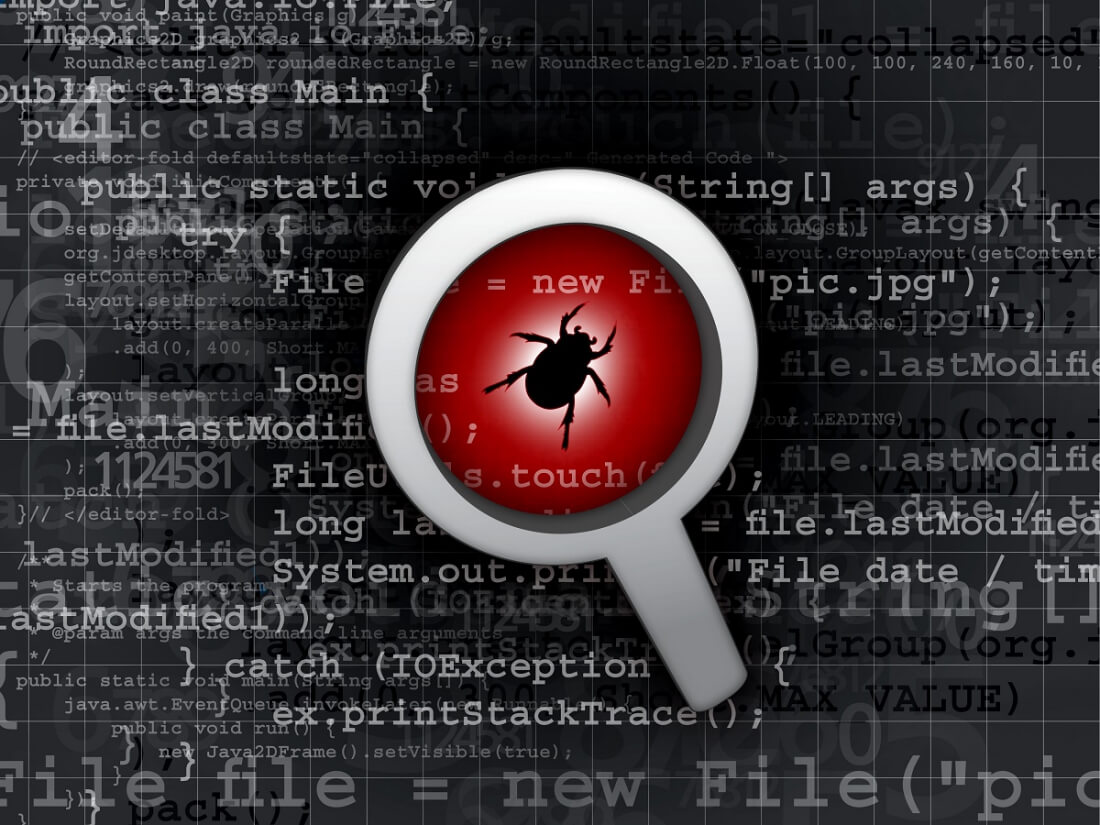Get the latest tech news
Ancient Malaria Genome from Roman Skeleton Hints at Disease's History
Genetic information from ancient remains is helping to reveal how malaria has moved and evolved alongside people.
“With the development of treatments such as quinine in the last hundreds of years, it seems clear [humans and malaria] are co-evolving,” says Carles Lalueza Fox, a palaeogenomicist at the Institute of Evolutionary Biology in Barcelona, Spain. In a preprint posted on the server bioRxiv 1, a team of researchers led by a group at the University of Vienna identified the first complete mitochondrial genome sequence of P. falciparum from the bones of a Roman who lived in Italy in the second century ad, known as Velia-186. The authors of the latest preprint extracted the parasite’s DNA from the body’s teeth, and were able to identify 5,458 pieces of unique genetic information that they combined to get a sequence covering 99.1% of the mitochondrial genome.
Or read this on r/technology

